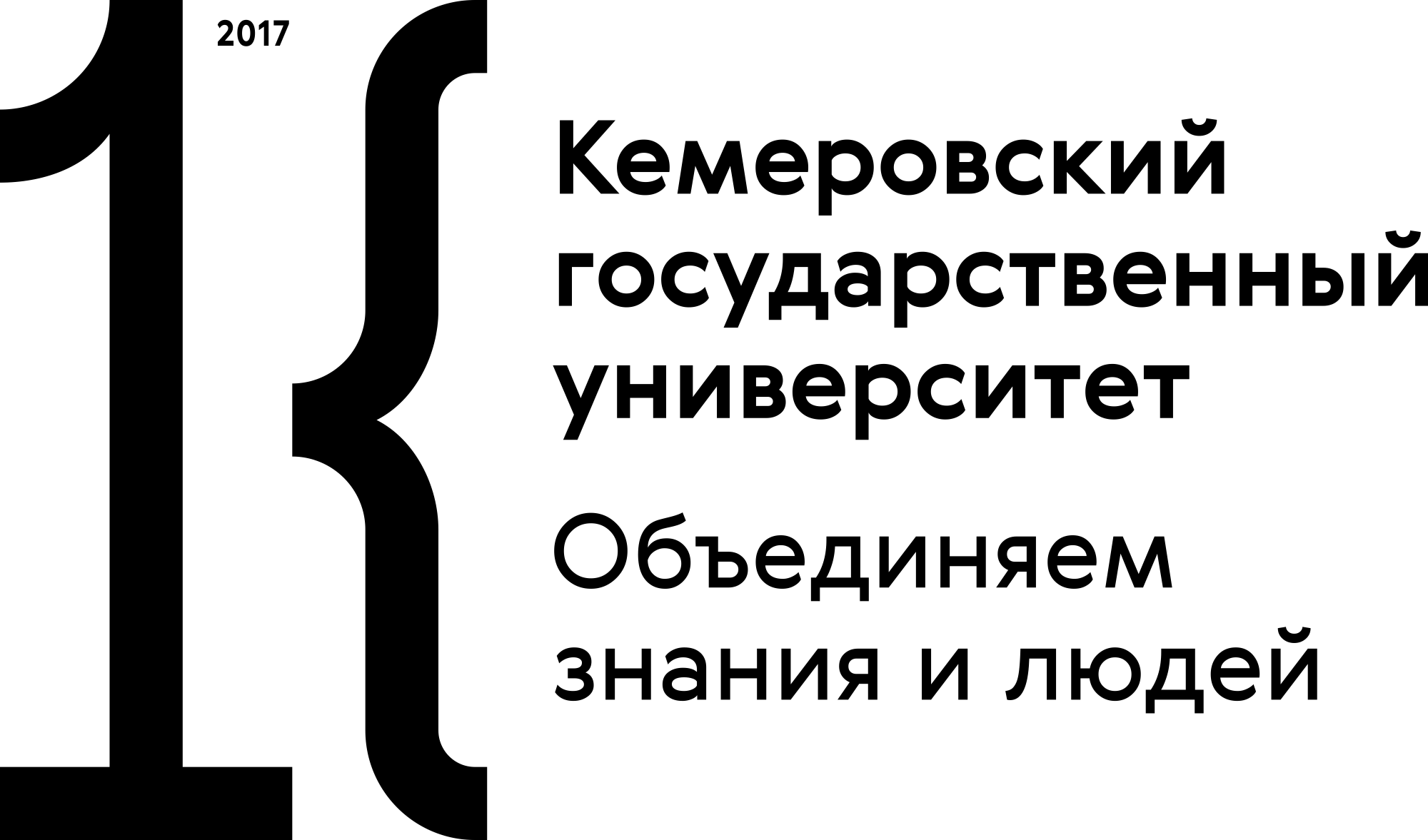Novosibirsk, Russian Federation
The paper considers the problems of the development of monotowns related to the development of mineral resources. The author shows that the solution of the problems of these cities is possible only if the system of state regulation of the development of mineral resources is changed at the stage of high maturity of the resource base. At the same time, the paper focuses on the development of the so-called "resource monotowns". The author analyzes the relationship between the stages of development and extraction of natural resources within the framework of the research. The important factor is the role of so-called "system specificity" of assets that form the basis for the formation and functioning of the mono-industry and the infrastructure of the settlement. Another important factor is the need for decentralization of powers in granting, taxing, and regulating the development of natural resources, their redistribution from the Federation to regional authorities and municipalities (including monotowns). The latter implies the formation of a system of subsoil use, based on complicity, co-management of the natural resource potential. In this case, in the opinion of the author and the proposed recommendations have constitutional grounds, as Art. 72 of the Constitution of the Russian Federation refers to "joint jurisdiction of the Russian Federation and the subjects of the Federation of issues of ownership, use and disposal of land, mineral wealth, water and other natural resources". The proposed recommendations and practical interpretations for Art. 72 include the need to expand the range of subjects of joint jurisdiction with mandatory inclusion in their number of municipalities (including monotowns), as well as citizens. This involves creating a mechanism for interaction between all these actors in the processes of preparing, discussing and implementing decisions in the sphere of the use of natural resources.
economic development, subsoil use, development funds, models of development of mineral resources, system specificity of assets
1. Williamson O. E. The economic Institutions of Capitalism. N. Y.: A Division of Macmillan, Inc., 1985, 452.
2. Kryukov V. A. Institutional structure of the oil and gas sector: problems and directions of transformation. Novosibirsk: IEOPP SO RAN, 1998, 278. (In Russ.)
3. Kryukov V. A., Seleznjova O. A. Hydrocarbons reserves in a changing institutional environment. HSE Economic Journal, 2013, 17(3): 407-429. (In Russ.)
4. Fan P. H. J. Price Uncertainty and Vertical Integration: an examination of petrochemical firms. Journal of Corporate Finance, 2000, 6(4): 345-376.
5. Kryukov V. A. Resource areas in the new institutional environment. Prostranstvennaia ekonomika, 2014, (4): 26-60. (In Russ.)
6. Shafranik Y. K., Kryukov V. A. Russia's oil and gas sector: the difficult path to diversity. Moscow: Pero, 2016, 271. (In Russ.)
7. Anashkin O. S., Kryukov V. A. On the efficiency of the use of mineral resource potential to solve the problems of social and economic development of a constituent entity of the Russian Federation. Mineral'nye resursy Rossii. Ekonomika i upravlenie, 2015, (1): 24-33. (In Russ.)
8. Strukgov V. G. Course of mining law. Saint-Petersburg: Tipografiia N. N. Skorokhodova, 1907. (In Russ.)

















